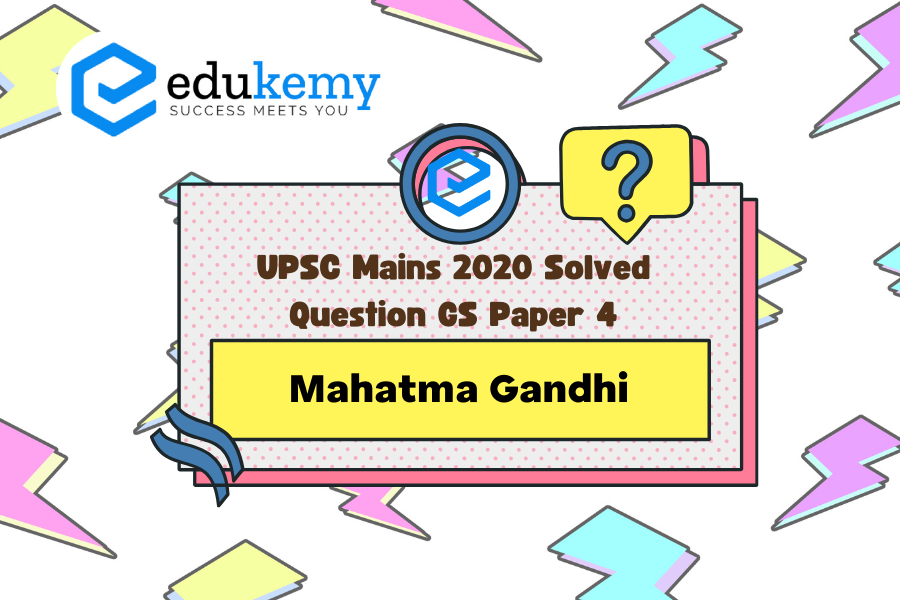Mahatma Gandhi – timeless words resonate with a profound truth: “The best way to find yourself is to lose yourself in the service of others.” In a world often consumed by self-interest, Gandhi’s philosophy challenges individuals to discover their true essence through acts of selflessness and compassion towards others. This notion underscores the transformative power of altruism, suggesting that by redirecting our focus from personal gain to the well-being of those around us, we embark on a journey of self-discovery and fulfillment. Engaging in service not only enriches the lives of others but also provides a pathway to deeper understanding of ourselves, our values, and our purpose. Gandhi’s message invites reflection on the interconnectedness of humanity and the inherent satisfaction found in contributing to the greater good. As we lose ourselves in the service of others, we paradoxically uncover layers of our own identity, fostering empathy, gratitude, and a profound sense of belonging to something greater than ourselves.
Tag: Human Values – lessons from the lives and teachings of great leaders, reformers and administrators; contributions of moral thinkers and philosophers from India and world.
Contents
Decoding the Question:
- In Introduction, explain the meaning of the quote.
- In Body,
- Discuss the quote in detail.
- Write a few points about its relevance.
- Conclude, with a fair and balanced opinion.
Answer:
Mahatma Gandhi believes that the true core of a person is the part that is not selfish and which works for others. Mahatma Gandhi’s quote advocates that in order to discover the essence of who we truly are as people you can’t be selfish. Helping others is humbling and allows people to see things from a different perspective. Additionally, while helping other people, it can lead us to change aspects of ourselves for the better.
- The process of self-discovery is a long and often difficult one nonetheless helping others is one of the best ways to learn more about yourself. Many times people are unaware of the effect other people can have on your own self-journey.
- By providing service to others, we imbibe the value of empathy and help to establish emotional intelligence which in turn helps in understanding one-self.
- Providing service to others creates awareness and openness in our mind to new ideas, thoughts and also builds values like tolerance which helps them to accommodate different values to understand one-self.
- For example: Aurangzeb was more self-centered about his religion and other activities whereas Akbar was service centered king.
- There was more intolerance during the Aurangzeb regime and less tolerance in the Akbar regime. Moreover, Akbar tried to bring reforms in the society and religious harmony.
- For few people, serving others also gives inner satisfaction. For example: defense personnel, social workers, they extend their helping hand and serve people for their inner satisfaction.
Relevance of the quote in Present era:
- Covid-19 pandemic created havoc and widened inequality and it needs helping hands.
- Blind race in the consumerist world stops thinking about the needs and wants of individuals.
- Increased intolerance due to digital penetration.
Others can argue that self-discovery is not based on the involvement of others but focused on learning from yourself, however, humans live their lives with the influence of others and the majority of things learned are taught from others. The process of self-discovery is a long and often difficult one nonetheless helping others is one of the best ways to learn more about yourself.
In case you still have your doubts, contact us on 9811333901.
For UPSC Prelims Resources, Click here
For Daily Updates and Study Material:
Join our Telegram Channel – Edukemy for IAS
- 1. Learn through Videos – here
- 2. Be Exam Ready by Practicing Daily MCQs – here
- 3. Daily Newsletter – Get all your Current Affairs Covered – here
- 4. Mains Answer Writing Practice – here


